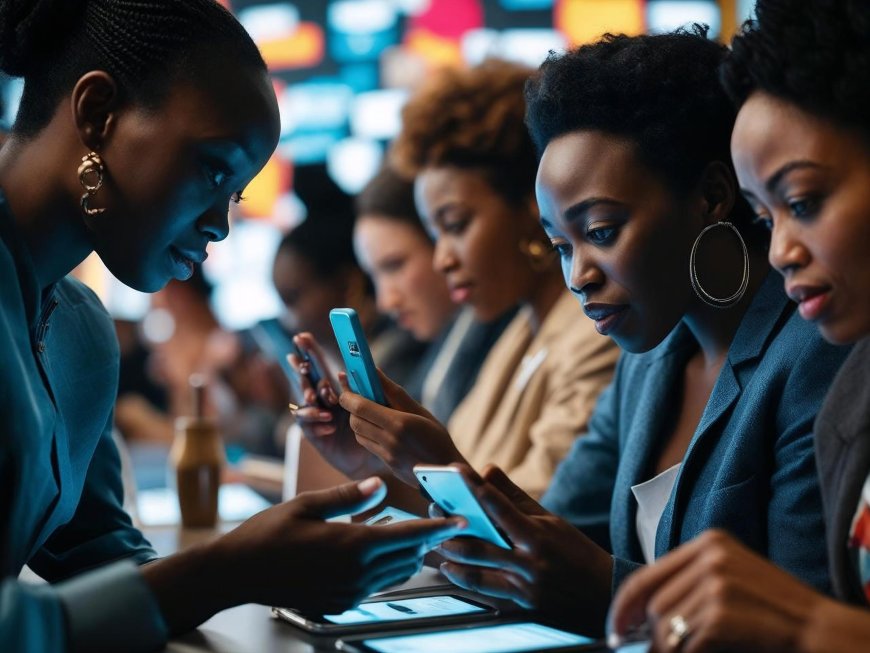Health Influencers or Misinformers? Navigating Social Media
Social media is brimming with health advice — but how much of it is real, and how much is recycled nonsense with a ring light? This post dives into Africa’s health influencer culture, the good, the bad, and the medically reckless.

"Even a madman is given a crowd if he shouts loud enough." — African proverb
Let’s be honest. In this age of TikTok doctors and YouTube herbalists, it’s hard to tell who’s giving real health advice and who’s just dancing with stethoscopes for clout. One minute you're watching a reel about malaria, the next you're being told ginger and garlic can cure cancer — by someone with more followers than the Ministry of Health.
Welcome to the wild west of African health influencers: part educators, part entertainers, and sometimes… full-time misinformers.
The Rise of the 'Healthfluencer'
In Lagos, a fitness coach is live-streaming detox smoothie recipes. In Nairobi, a lifestyle YouTuber is explaining how to "alkalise your womb." In Johannesburg, a self-declared “plant-based priestess” is telling her 200k followers that vaccines are "spiritual poison."
Meanwhile, real doctors are in the comments section writing, "Please, this is not accurate medical advice." To which someone responds, "Let her speak her truth."
Her truth? Sis, this is not a TED Talk — it’s someone’s life.
Why Are Health Influencers So Popular?
Let’s not pretend all of them are villains. In fact, some are doing incredible work breaking down complex health topics in plain language — especially for young, mobile-first audiences. A few honourable mentions:
1. Dr. Kasenene (Uganda)
A lifestyle medicine doctor using Instagram to promote nutrition-based wellness.
🔗 https://www.instagram.com/drkasenene
2. Dr. Alaa Murabit (Libya/Canada)
Though global, her advocacy for women’s health and security is sharp and informed.
🔗 https://alaamurabit.com
3. Dr. Garth Japhet (South Africa)
Founder of Heartlines, using storytelling to tackle HIV stigma and men’s mental health.
🔗 https://www.heartlines.org.za
These folks are informed, qualified, and thoughtful. They understand that influence without integrity is dangerous.
The Danger of Misinformers
Here’s the dark side: social media doesn't reward accuracy. It rewards attention. So when someone posts a viral claim that “urine therapy cures COVID,” they get likes. When WHO posts a factual infographic? Crickets.
According to the Africa CDC, health misinformation — especially during the COVID-19 pandemic — contributed to vaccine hesitancy across the continent (Africa CDC, 2021).
“He who swallows a coconut must trust in his anus.”
In other words, if you follow fake medical advice, be prepared for the consequences.
Case Study: The Flat Tummy Tea Pandemic
In 2022, Ghanaian and Nigerian Instagram was flooded with health influencers selling “flat tummy teas” promising weight loss, fertility, detox, and even spiritual cleansing.
Spoiler alert: Most were just glorified laxatives.
Some women ended up in hospitals with dehydration. Others missed serious diagnoses because they thought a tea could cure PCOS. And the influencers? They were busy cashing out and posing in gym leggings.
How Do We Fix This?
1. Demand Credentials
Before you take advice, ask: “Is this person trained in medicine, nutrition, or public health?” If they list “certified herbalist” as their only qualification — red flag.
2. Support Verified Voices
Follow local medical associations, verified doctors, pharmacists, and licensed dietitians. Give them the algorithmic love they deserve.
3. Push for Policy
We need regulation. In South Africa, the Health Professions Council already cracks down on medical misinformation (HPCSA, 2022). More countries should follow suit.
4. Teach Digital Health Literacy
Start from schools. Start from churches. Start from mama’s WhatsApp group. Everyone should know how to verify health info online — not just forward it.
Conclusion: Influence is Not Immunity
Influence is powerful. And with great power — yes, even TikTok power — comes great responsibility.
We’re not saying influencers should stop creating. We’re saying: create responsibly. Collaborate with health professionals. Reference real sources. Don’t risk lives for likes.
Because at the end of the day, “clout doesn’t cure cancer.”
References
Africa CDC. (2021). Infodemic management and response. https://africacdc.org/download/infodemic-management
Heartlines. (2024). Storytelling for good. https://www.heartlines.org.za
HPCSA. (2022). Regulation of medical information on social media. https://www.hpcsa.co.za
Kasenene, S. (2024). Dr. Kasenene Wellness. https://www.instagram.com/drkasenene
Murabit, A. (2024). Women’s health & peace advocate. https://alaamurabit.com
What's Your Reaction?
 Like
0
Like
0
 Dislike
0
Dislike
0
 Love
0
Love
0
 Funny
0
Funny
0
 Angry
0
Angry
0
 Sad
0
Sad
0
 Wow
0
Wow
0














































































